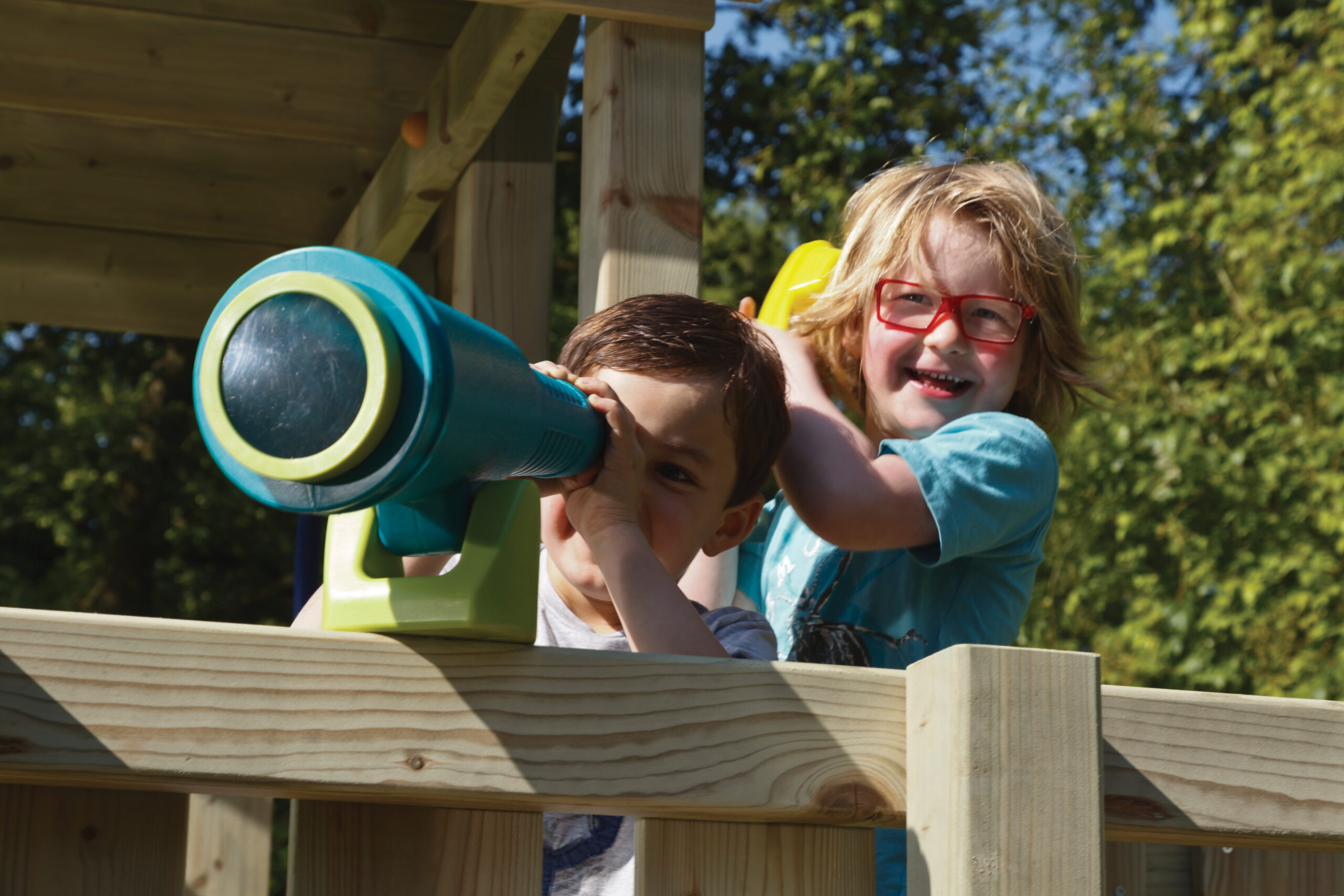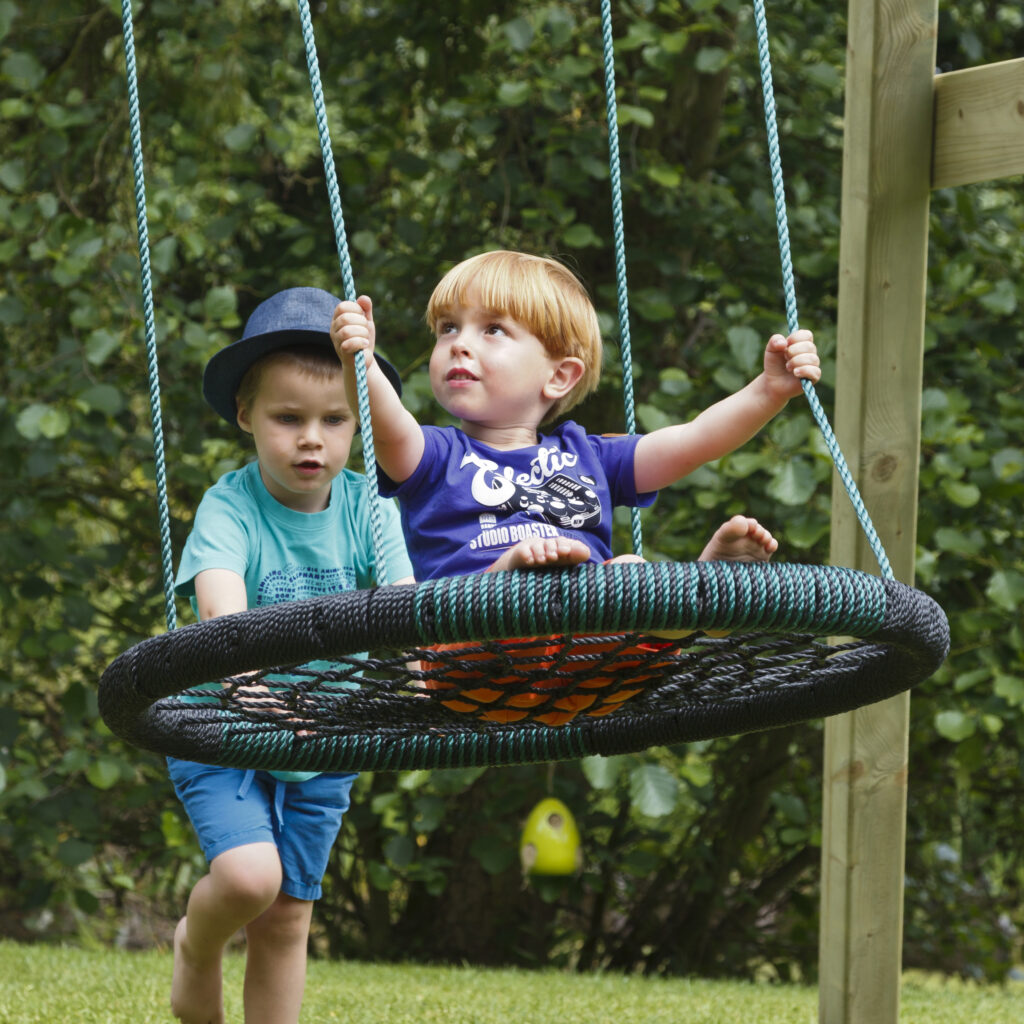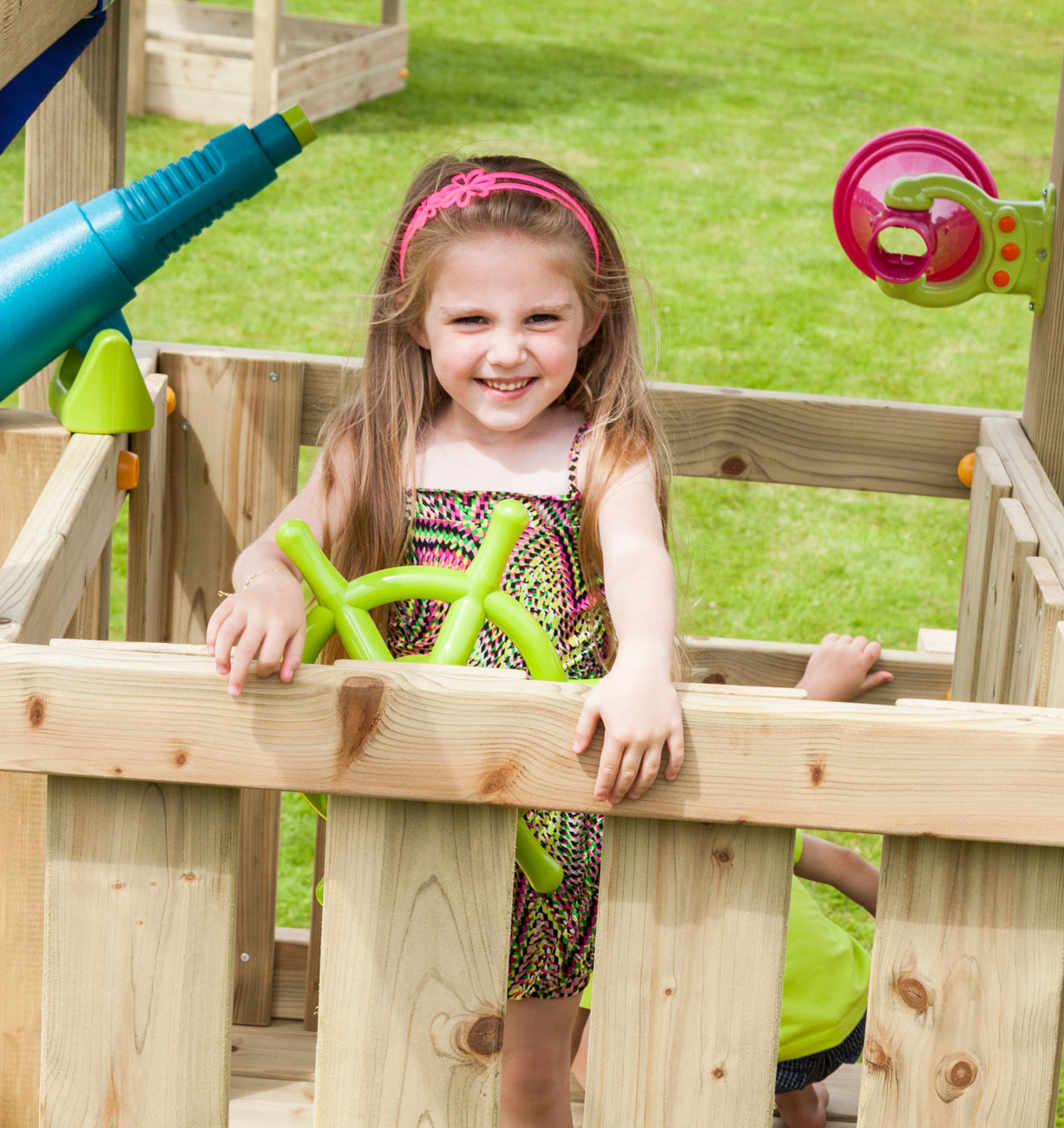When it comes to humans, it is instinctive for us to want to play. Ever since the beginning of our history, we have interacted with others and with our surroundings to find social connections and improve our skills in a fun way.
However, it’s not just an entertaining activity that can bring us great pleasure, but it is also a fundamental part of our learning in the early stages of our lives.
Here are three reasons why children need to play!
1- You can boost your creativity with play
The unstructured play allows children to explore freely and use their imagination at their maximum.
In fact, The Canadian Public Health Association says that play is essential for a child to develop because it brings healthy and enriching experiences for them.

Picture it: they can create a lot of different scenarios while playing like play to explore an alien planet, sail in a storm, live in a medieval era full of dragons and princesses…the scenarios are endless!
This exercise of imagination can be driven by a very varied playground environment. The exploration of a playground without specific restrictions or “rules” opens new possibilities to find ways to entertain themselves and stimulates the use of every portion of their brain.
2- Playing teaches children to regulate their emotions
Children explore a wide range of emotions while playing (fear, joy, anger, surprise, excitement…). This can help them to identify and manage them without adult supervision, preparing them for having healthy reactions to many emotional situations.
For example, if they argue with another child who doesn’t want to get out of the swing seat after a long time, they may feel angry because they believe an injustice is being done. In that case, they’ll be able to decide for themselves how to reach agreements, solve conflicts or ask for help from a third party to mediate the discussion.

Also, when they use their physical senses and focus their attention, children are immersed in the present moment, which has a direct and positive impact on their anxiety and stress levels that may arise from school activities or just being a child!
3- Playing helps children build and strengthen their identity
Nothing is better to get to know yourself than interacting in a safe and enjoyable space, not only with peers prevail but also with oneself.
Children discover their preferences at the playground because this space encourages knowing your own strengths, your abilities, your approach to relationships, and ultimately how to build your self-esteem.
Here at Westplay, we know a playground is the best tool to motivate your kid to play! We can help you to design & build the perfect one for your backyard or local community.
